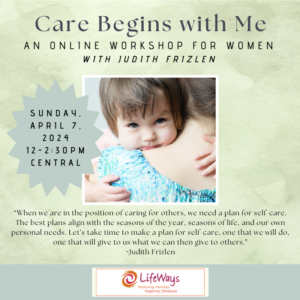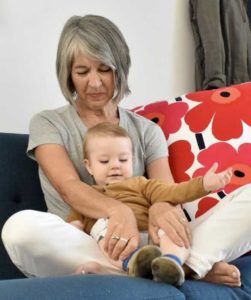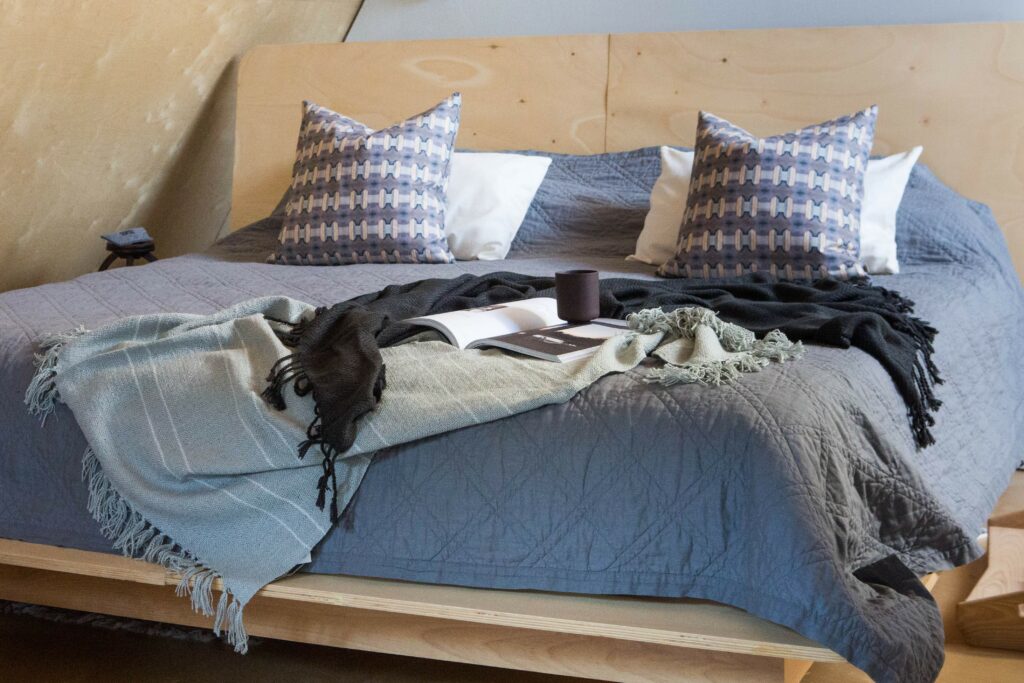March 24th, 2024

Change is chaotic. Even seasonal transitions can cause disturbance. But fortunately, our greatest capacity as human beings is to adapt to change.
That is, unless we get stuck in trauma responses and our survival brain. If we do get stuck, it’s time to return to the lessons of early childhood. Early childhood education is about laying a foundation of hope by presenting the world as good.
But no matter what season of life we are in, during times of stress and uncertainty, we will find comfort in aligning with the view that we live in a friendly world.
Our worldview impacts the ability to seize opportunities to grow and our perception of an uncertain world is affected by how we care for ourselves. When change is on the horizon and it’s much bigger than us, what can we do?
Shore up on self-care. Pay attention to your well-being, become aware of your movements, the sensations of touch, and to balancing your life. Are you working too much? Are you giving yourself enough of what you need to feel well?
Also, pay attention to your rhythms. Do you rest after a strenuous activity? Do you eat, sleep, and work at regular times? Having consistent rhythms provides a scaffold for security.
Young children do not know the days of the week, events on the calendar, or basically on any given day, what will happen next. They might wonder what’s coming and feel insecure, unless there are rhythms for them to become familiar with how things go, the flow of life.
When adults are in a time of insecurity, it is good to remember that not only rhythms, but the same physical care we give young children will serve us well. Rocking with my grandsons in the old rocker from my grandpa is soothing to them and to me as well.
I know it’s important to limit the information children take in. Since they lack the capacity to address the problems of the world, they are better off not being exposed to them. The same is true for adults; we need to limit our exposure so to not be bombarded by problems. It’s better to focus on what strengthens and lifts us up. Perhaps we can learn from the children about this.
Children like to have dance parties, walks outside, explore nature and to build things. The three-year-old grandson has recently started skipping instead of walking or running to wherever he wants to go. Skipping requires balance; it is light and playful.
And when you engage in contralateral movement, brain connections are made. Young children are building nerve networks all the time. In times of uncertainty, we might need to rebuild them because stress causes them to break down. Have you noticed how you are forgetful in times of stress?
In a nutshell, we are in a time of uncertainty or change which can trigger insecurity. We cannot change the weather, the financial system, conflicts in the world and many other things, but we can ground and strengthen ourselves with bodily self-care.
What helps is to give ourselves what we would give a young child, to make self-care a priority. To remember that this moment in time will pass. That we have what it takes to make it. Then begin by caring for ourselves, our families, and our communities, expanding our circles of care from the inside out.
Would you like support in developing rhythms of self care? Join us for the “Care Begins with Me” workshop on Sunday, April 7th at 1:00 p.m. ET. Learn more here!


Judith is a mother, educator, author of several books, including her most recent, Where Wisdom Meets Wonder: Forty Stories of Grandma Love and community supporter.
